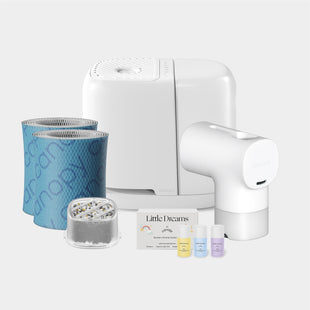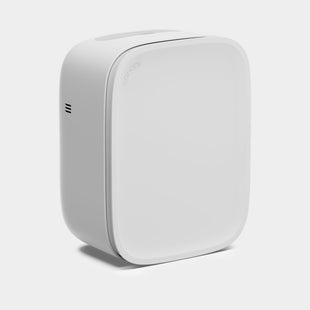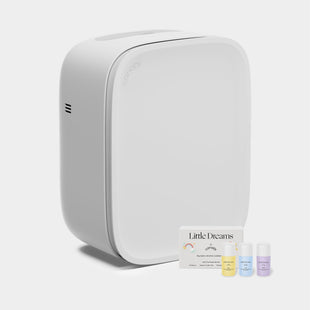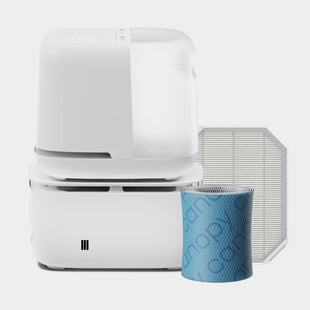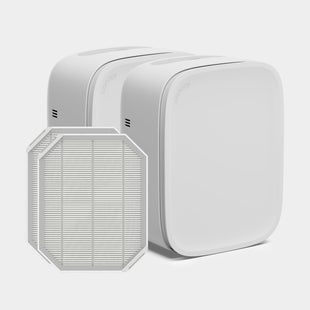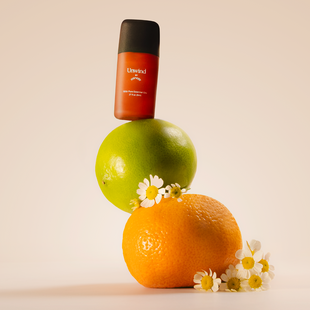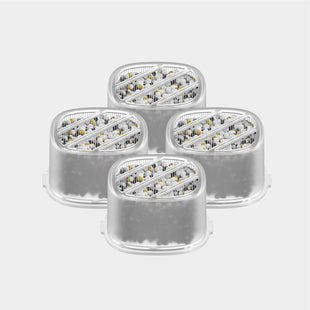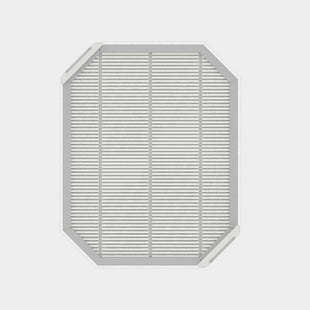This content has been reviewed and updated on May 20, 2024.
As temperatures dip in the late fall and winter weather takes center stage, you may experience congestion, a sore throat, or a dry, itchy cough that just won’t quit. These are all common symptoms that accompany cold, windy temperatures. One of the quickest tricks to treating dry air is by boosting the humidity of the room. Instead of coping with uncomfortable coughs, try soothing your throat with an easy-to-use, easy-to-clean humidifier.
How Does a Humidifier Help With a Cough?
The moisture content of the air around you has a major impact on your overall health and comfort. Too much moisture can make you feel warm, sluggish, and maybe even dizzy. Too little moisture can lead to dry, cracked skin and lips, a stuffy nose, and coughing.
Cold, dry air deprives the nose and throat of crucial moisture, which often leads to congestion, a dry throat, or a cough. A humidifier increases the relative humidity (RH) of a particular space by releasing moisture into the air. This increase in moisture helps lubricate the nose and throat, relieving dryness, reducing inflammation, and improving your breathing.
What Type of Humidifier Is Best for a Cough?
You may be wondering: How do you choose the best humidifier for your cough?
There are a few features to consider when looking for a humidifier. You’ll want to choose a device with sufficient square footage output, ample run time, essential oil compatibility, and (if you travel) portability.
Output

The first step when choosing the best type of humidifier for your cough is to determine where you need to place it. It’s best to set your humidifier in a room that is frequently occupied. This tends to be the bedroom, since we spend between 7–9 hours sleeping in this room each night.
Depending on the square footage of your bedroom, you need a humidifier with a comparable output. For example, if you have a 400-square-foot bedroom, you need a humidifier with at least a 400-square-foot output to sufficiently raise humidity levels in your space. Our mist-free Bedside Humidifier is designed to treat spaces up to 500 square feet, making it perfect for bedrooms.
If respiratory symptoms are a concern during the day, opt for our Large Room Humidifier. This device hydrates the air in spaces of up to 1,000 square feet, effortlessly providing moisture to a home’s main living areas.
Run Time
Run time is another important feature to consider when choosing the best humidifier for your dry throat or cough. Two factors will help you to determine optimal run time: how long you sleep per night on average and how frequently you are willing to fill your device's water tank.
Most humidifiers will run from 12 hours to 24 hours, which will ensure elevated humidity levels throughout the night. If you plan to run your humidifier throughout the day, you’ll need a device that can run for at least 24 hours.
Skip the frequent refills and choose a device with a larger water tank. Our Bedside Humidifier has a 2.5-liter tank for up to 36 hours of hydration, which means you spend less time refilling your humidifier and more time on things you actually want to do—especially if that means getting a good night’s sleep. Similarly, our Large Humidifier’s 5.5-liter tank hydrates bigger spaces for up to 36 hours.
When you’re hydrating on the go, our Portable Humidifier still packs a punch. When it’s plugged in, the unit’s run time lasts for as long as there’s water available. Using the device on battery mode gives you up to 11 hours at the low mist setting, making it perfect for a day at the office or a full night’s sleep during your next vacation.
Aromatherapy
If you have a dry or sore throat accompanied by a relentless cough, consider choosing a humidifier that is compatible with essential oils. So, what do you put in humidifiers for coughs? Adding refreshing essential oils, like eucalyptus and lavender, to your humidifier can produce therapeutic effects.
It is important to note that not all humidifiers are compatible with essential oils. This is part of what helps Canopy devices stand out. Our humidifiers have a built-in aroma diffusion feature that uses the simple and clean process of evaporation to infuse your hydrated air with aromas.
Portability
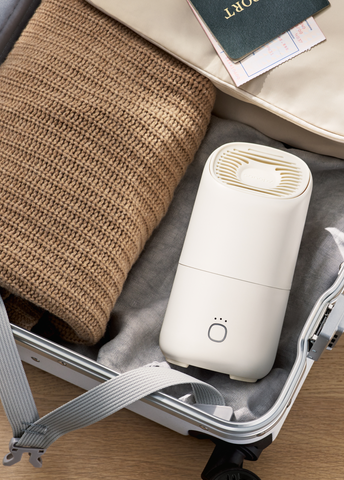
A standard humidifier keeps you cough-free when you’re in one place, but what about when you’re traveling? If an irritable throat follows you wherever you go, you need a humidifier that comes with you too.
Our travel-ready Portable Humidifier is TSA-approved and designed to hydrate your personal space with clean moisture on the go. Enjoy the benefits of a cool mist humidifier enveloping you in a first-of-its kind combination of ultrafine mist and evaporative technology that keeps your unit clean and dry while keeping you comfortable.
Additional Health Benefits of Using a Humidifier
Incorporating a humidifier into your at-home wellness routine will do far more than soothing a sore throat during the chilly winter months. The benefits of humidifiers are abundant.
The added hydration helps alleviate allergies and asthma, improves sleep, and reduces cold and flu symptoms.
Relieve Allergy Symptoms
More than 50 million Americans of all ages experience allergies, making it a very common health concern. If that group includes you, you’re in luck!
Humidifiers help combat allergies and alleviate symptoms, including sore throat, severe congestion, inflammation, sinus pain, and watery eyes. Just be sure to keep your windows shut while running your device for the best results.
Promote Better Sleep
A good night’s sleep can be fleeting when you have a stuffy or runny nose, congestion, dry eyes, or a sore throat. The right humidifier helps ensure a restful night by eliminating these symptoms.
Our Bedside Humidifiers and Nursery Humidifiers deliver filtered, hydrated air and maintain optimal humidity levels all night long for you and the little ones. No more nightly coughing fits—just clean moisture and a full night of peaceful sleep.
Keep Respiratory Viruses From Spreading
There’s a reason respiratory symptoms can feel worse in cold, dry weather. In addition to triggering dry, itchy skin and irritated eyes, low levels of humidity affect the body’s immune response by:
- Preventing cilia (fine, hair-like structures in the nasal passage) from removing virus and mucus properly
- Preventing airway cells from efficiently repairing the damage caused by viruses in the lungs
- Limiting the body’s ability to “warn” healthy neighboring cells of a viral threat
When humidity levels fall below the optimal range of 40–60%, common respiratory viruses thrive. Adding a humidifier to your home—especially in commonly occupied rooms—can help regulate humidity levels and improve your body’s immune response, helping you feel better.









